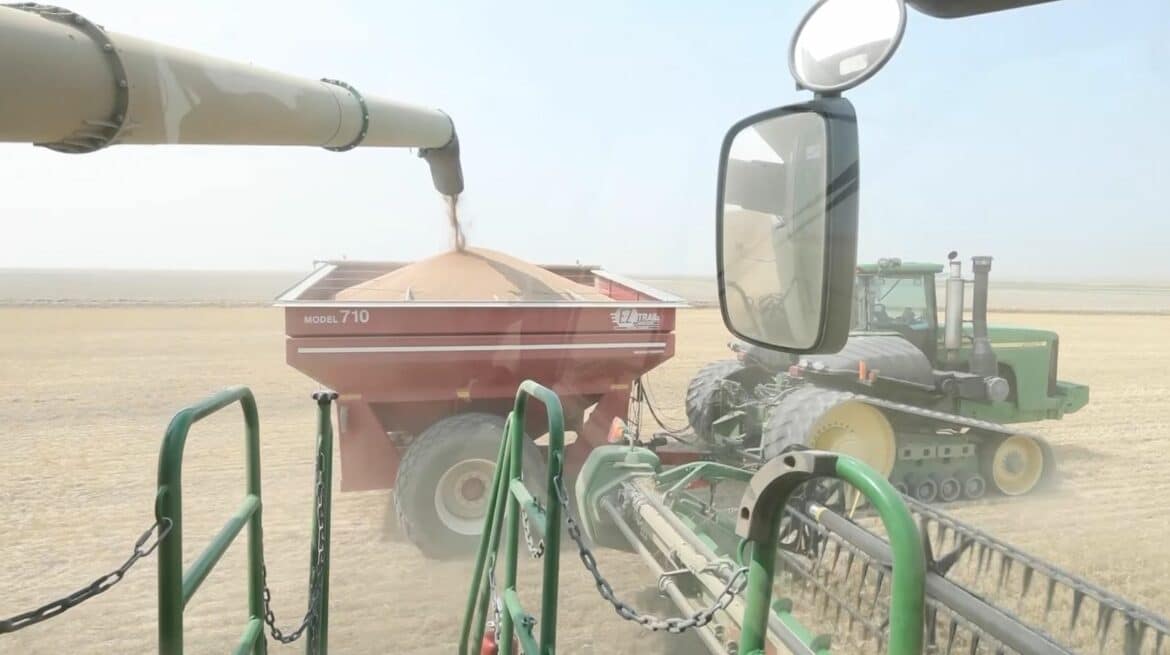Every farmer knows that weather is the least predictable “input” in our businesses. The drought of 2021 was one for the record books and reduced yields on all types of crops across the state. In 2022, this feast-or-famine land we live on has served up late spring snow storms, a cooler-than-normal spring, and flooding in some areas of the state, while leaving others like us in the Golden Triangle high and dry.
Farmers are used to dealing with these unpredictable weather events and with very promising commodity prices and futures markets in front of us, there is reason for positivity. That said, there are other challenges facing us that will make turning a profit even more challenging: rising input costs.
Every American is now experiencing the effects of high fuel prices. High fuel prices are even more impactful to farmers who rely on the diesel fuel to run our tractors for every stage of the cropping season. Supply chain issues have made parts difficult to obtain, equipment continues to get more expensive, and fertilizer prices have gone through the roof.
Fertilizer prices have more than doubled over the past year and are expected to continue to increase more than 80 percent this year, according to a Texas A&M economic analysis report. There are some uncontrollable factors driving costs, such as supply shortages and increased fuel costs. However, repealing duties on fertilizer imports can be controlled and it is the only way to alleviate the cost burden immediately.
Specifically, the U.S. International Trade Commission (ITC) has targeted phosphate fertilizer from Morocco and urea ammonium nitrate (UAN) fertilizer from Trinidad and Tobago for tariffs. The duties on products from Morocco have been in place for almost two years and those on Trinidad and Tobago fertilizers are in process. These nations are significant supply sources for these common fertilizer products used by American growers, helping to meet the demand that U.S. fertilizer companies are unable to fill. They are also countries that have been stable U.S. allies and reliable trading partners for many years.
Back in March members of both the U.S. House of Representatives and the U.S. Senate, including Montana Senator Steve Daines and Representative Matt Rosendale, sent a bipartisan letter to the ITC expressing concern over fertilizer supply issues related to the tariffs. The letter stated, “eliminating these duties on fertilizer imports provides the most immediate opportunity for a near-term, partial remedy to the high costs of fertilizer facing U.S. farmers before the end of the 2022 planting season.”
While it’s too late to do anything about it for the current planting season, farmers will be making planting decisions for next spring soon and need to keep the pressure on in order to do something about these input costs. I’d like to thank Senator Daines and Representative Rosendale for their efforts on this issue.
###
Ken Johnson is a farmer from Conrad, MT and is the Chairman of the Montana Farm Bureau Federation’s Farm and Trade Committee



Farmers are already reducing fertilizer cost over 70%, increasing yield nearly 7% and reducing soil toxicity with the “SNX30-XL nutrient supplement”. Why would you doubt the WORD of 3 agronomists, a past Board Member of the New York Farm Viability Institute (and farmer), a Georgia Corn Commission Board Member (and farmer), top NCGA corn yield winners, soil structure and nutrient manager and other farmers about the unmatched benefits from the “SNX30-XL nutrient supplement”? If you can’t believe them, who can you believe? As one farmer put it – It almost feels like cheating.